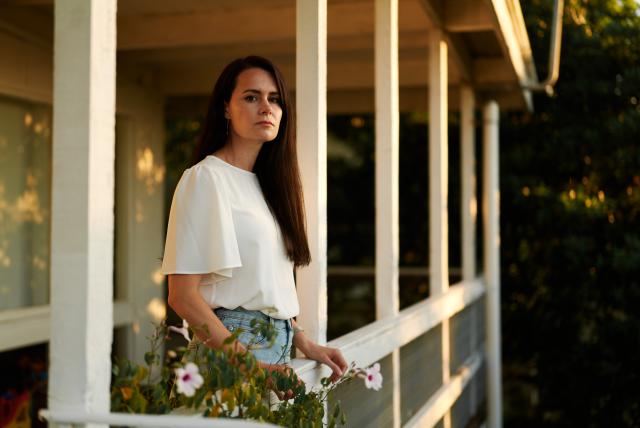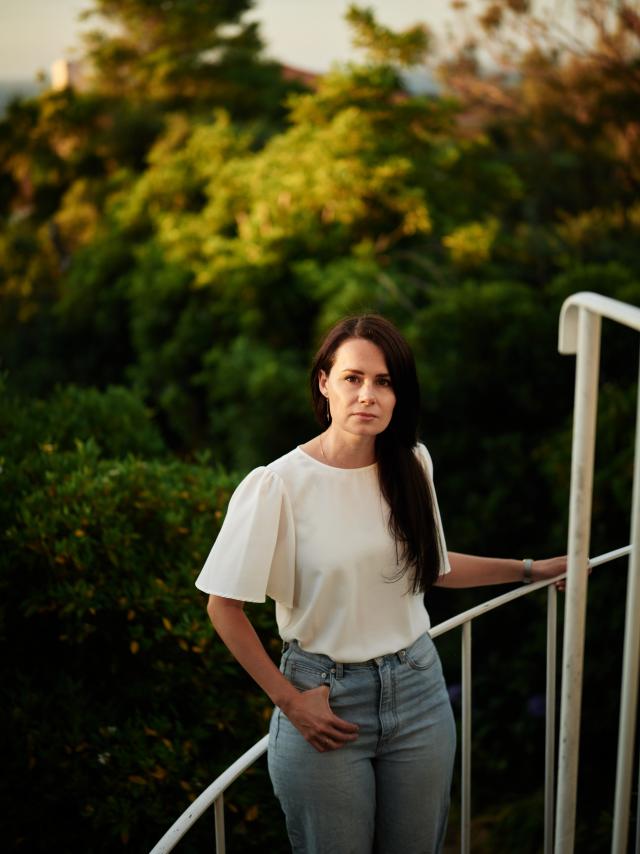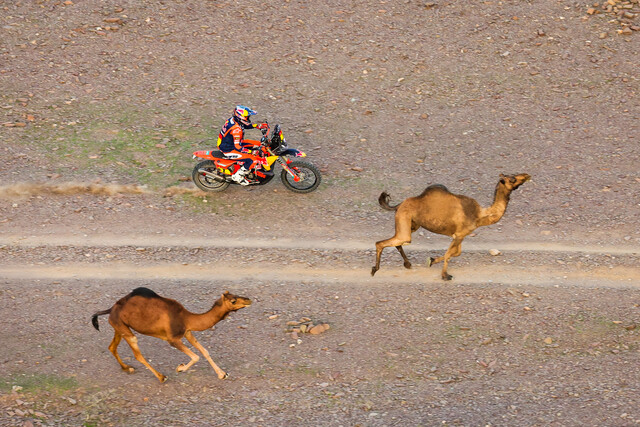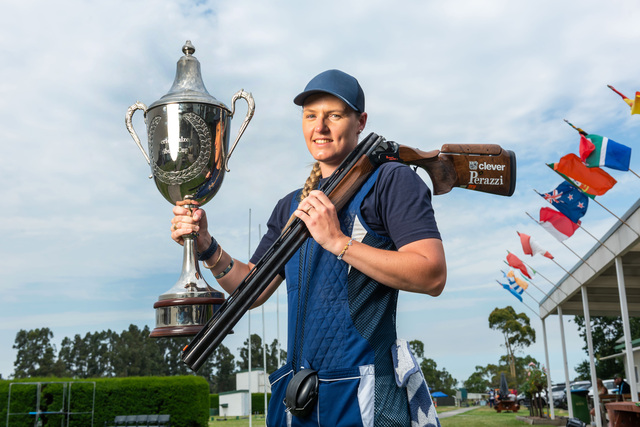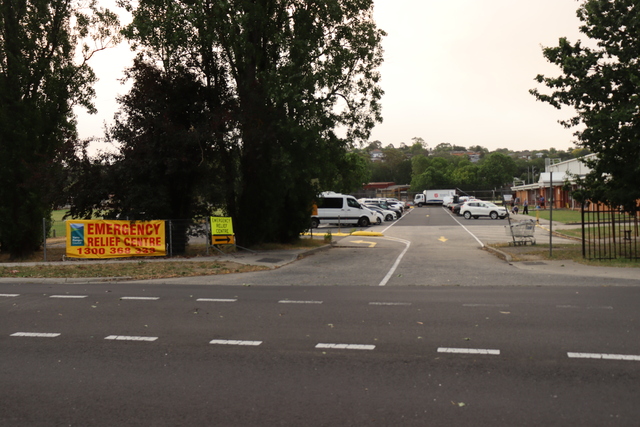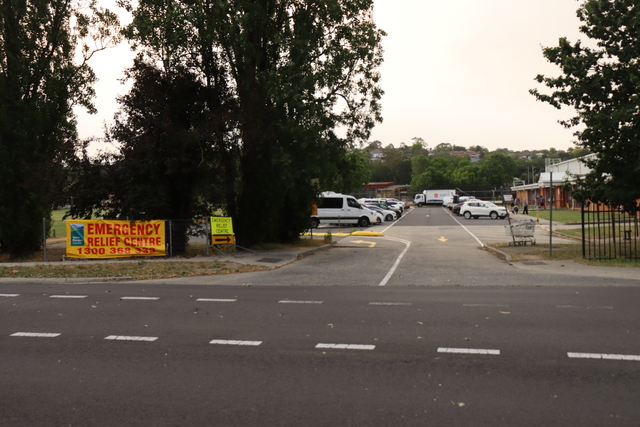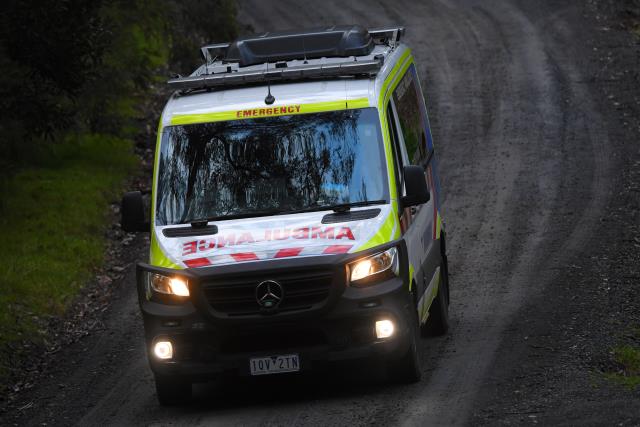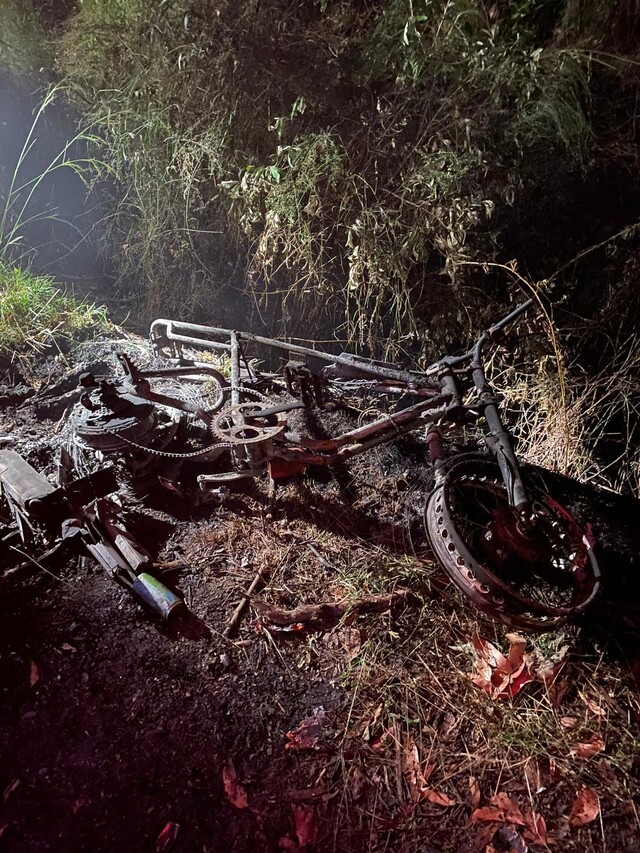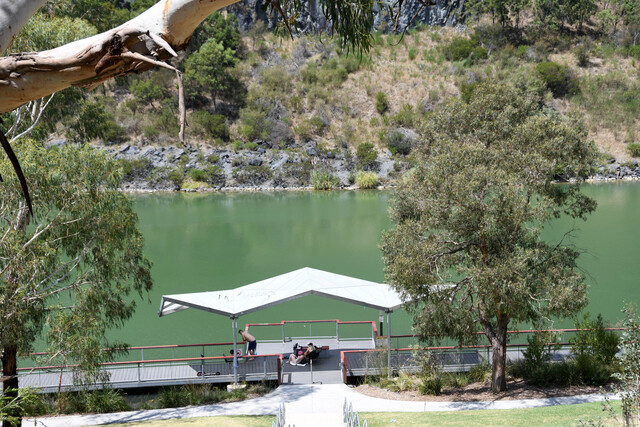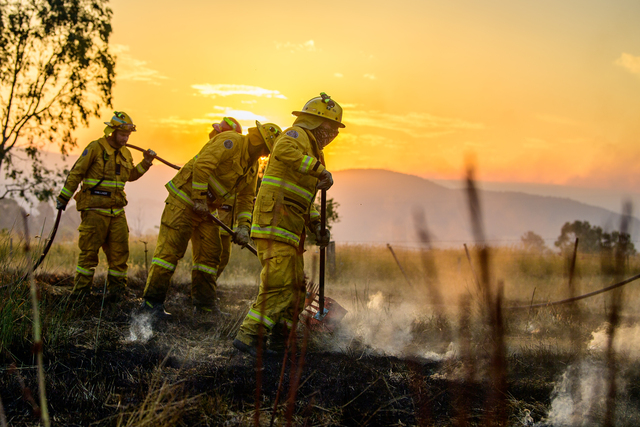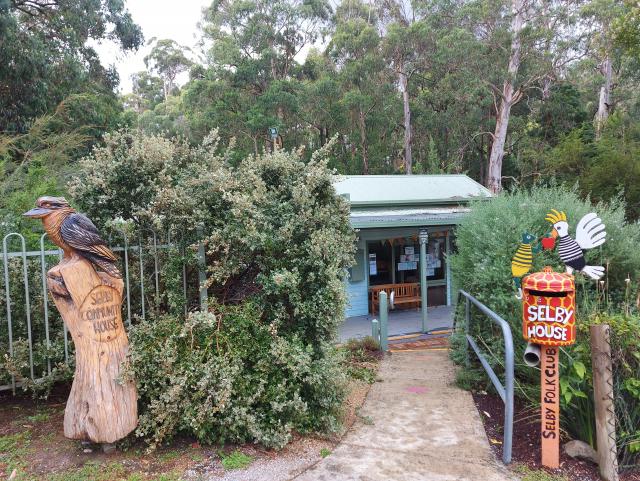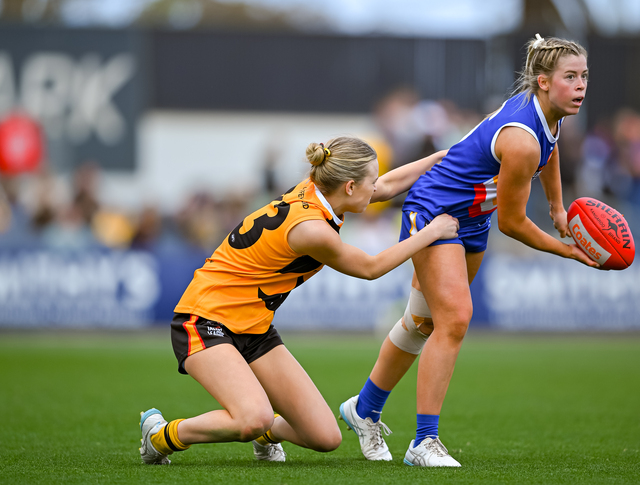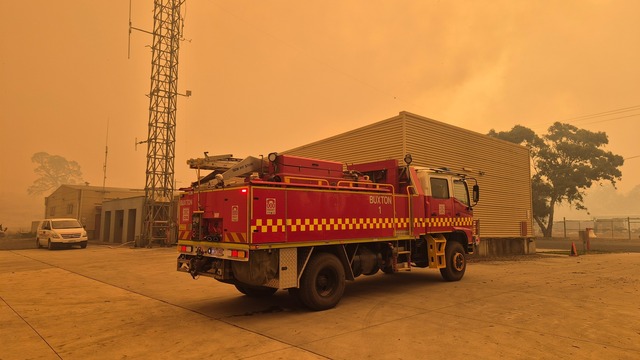Kylie Moore-Gilbert was imprisoned in an Iranian jail for Two years and three months, 804 days before returning to the Dandenong Ranges.
Captured by Iran’s Islamic Revolutionary Guard Corps (IRGC) in 2018 for being a suspected, but unfounded, spy for either MI6 or Australia, Ms Moore-Gilbert was transferred to the 2A wing of Evin Prison where she was held in solitary confinement, dehumanised and mentally tortured.
A rigorous line of questioning and interrogations followed her ‘arrest’, surrounding the nature of her visit to Iran.
Ms Moore-Gilbert had attended an academic conference after being invited by a Tehran university because of her research into Islam, revolutions in the Middle East and Bahraini politics as a lecturer at the University of Melbourne.
Conducting what she thought were harmless interviews for her research, turned into the catalyst for her detainment.
While held in a hotel after being taken from the airport, never did Ms Moore-Gilbert think her three week working holiday would turn into a little over two years being held captive for ransom.
The Australian government had been working to release Ms Moore-Gilbert by way of negotiations with the IRGC months after being taken prisoner but it wasn’t until a media storm that a deal was struck between Thailand, Iran and Australia to conduct a prisoner swap in late 2020.
Reduced to living in a two by three metre cell, with a barely functioning toilet, returning to Australia was an overwhelming culture shock.
First living with family in New South Wales, Ms Moore-Gilbert made the trip back to Melbourne at the beginning of 2021, in between lockdowns and border closures.
She returned to the house she had bought with her ex-husband just months before her trip to Iran in the green and leafy suburb of Belgrave.
It was here that she put pen to paper and wrote her astoundingly powerful and heartbreaking book ‘The Uncaged Sky: My 804 Days in an Iranian Prison’.
“I wrote it at my dining room table looking out over the trees that I have in my backyard,” she said.
The contrast of being enclosed by concrete walls to being surrounded by nature was a saving grace for Ms Moore-Gilbert in those early months.
“I didn’t see a green plant. The only green I saw was far away trees whose branches might be near the exercise yard of the prison but they weren’t something I could touch or see right in front of my face,” she said.
“I was in a desert prison for three months and not a single thing grew there, it was just barren.
“Coming back here and being able to just soak up the greenness and the plant life and knowing that stuff is living around me, it was really quite overwhelming at the beginning.”
But being able to go running in her local reserve, getting out into her garden and seeing the valley from her dining room “was really soothing and really calming.”
“I was really happy that this is where I landed after coming back from Iran because it gave me a sense of peace and serenity that I probably wouldn’t have got if I was living in the city.”
Although it was her home, having only spent a few months in it with her then husband before her ordeal in Iran, Ms Moore-Gilbert said it “felt pretty strange” to live in that space.
“It did feel like home. The house itself did, in a way, but it was also very strange to come back to an empty house that was not as it was when I’d left it and have to live here alone and readjust again. But it was a blessing, especially because of lockdowns and Covid,” Ms Moore-Gilbert said.
Initially hesitant to be around large groups of people, the Dandenong Ranges became a safe haven, away from crowds and too many people who knew who she was.
Even though neighbours checked in on her in those first few months, Ms Moore-Gilbert said they gave her space, something she was extremely grateful for.
“I’d spent so long in solitary confinement…if I was in a big crowd I just didn’t feel 100 per cent safe, I felt a bit anxious.
“And being in a place like Belgrave, where I have my own space, I have a backyard, I have a garden, it’s not crowded, if you want to see people you can, if you don’t, you can keep to yourself, I think that was really good.”
Feeling as though it was her duty to write a book about her experiences in Iran, her captors and the friends who helped her survive in prison, Ms Moore-Gilbert said it was healing to get everything out.
“I had so much to process because when you’re living through it, you just take each day as it comes and you don’t plot out what’s happened to you in the past and make sense of it necessarily.
“So coming home and deciding to write this book, I had to really sit down and process everything and some of it was quite jumbled in my mind and I had to make order and sense of my memories.”
While Ms Moore-Gilbert said those initial few months of being in prison where she was in “such a frantic state of mind” were the most difficult to remember, it’s hard to imagine with the level of detail portrayed in ‘The Uncaged Sky’.
“I was in shock and very upset and traumatised by what was going on but after my brain settled and I started to come to terms with the routine of the prison, my surroundings and the rules, I started to remember everything very vividly.”
Recounting each of the incidents that happened in prison, Ms Moore-Gilbert said even to this day she can remember them like they were yesterday but that time to her is entirely distorted.
“My sense of time is just warped by this, it feels like yesterday and it feels like a million years ago at the same time.
“I still have those vivid memories, I can close my eyes and imagine that I’m in my cell right now but at the same time, it also feels like it never happened to me at all and it was just a terrible dream that I had last night.”
Not only was it cathartic to tell her story, Ms Moore-Gilbert hopes it helps her “draw a line under it and move on with my life.”
Ms Moore-Gilbert is still trying to comprehend her inner strength and ability to get through the most harrowing of situations possible but said she is “not always strong and [is] not always coping.”
Nevertheless, she said she never realised just how strong she could be, nor how much our brains are capable of as part of the human condition when coping with trauma or trying to memorise important information.
Bringing that strength into her everyday life in Australia, Ms Moore-Gilbert said she is now less compromising and “I’m standing up for myself more.”
Still fighting emotional battles everyday, a large part of her reason for remaining strong is because of her friends and cellmates Niloufar Bayani and Sepideh Kashani, who remain in prison four years after their arrest.
“I promised them that I would speak out about it and I’d speak up and tell everybody what’s going on there. I really just felt like it was a sense of duty I had to them as well.
“I’m wary of making my life about this. I’m very cognizant of not getting myself emotionally weighed down too much by taking on board other people’s traumas and sufferings. So it’s a delicate balance. I don’t want to work professionally only on such issues but it is my duty.”
Moving forward with life, Ms Moore-Gilbert is not entirely sure what the future holds or what she will do next.
For now she is focusing on the book, which will soon be published in the United States but said come the turn of the new year, she will see where life takes her.
“I’m hoping I’ll have an epiphany or something. Otherwise, I’ll just go work in the local cafe in Belgrave because there’s so many signs out saying ‘employees needed’. That would be a pretty easy and chill way to ease myself back into the workforce,” Ms Moore-Gilbert said semi-jokingly.

